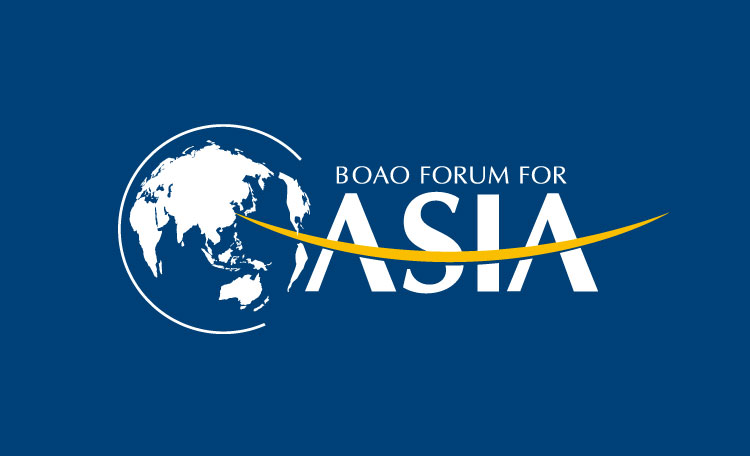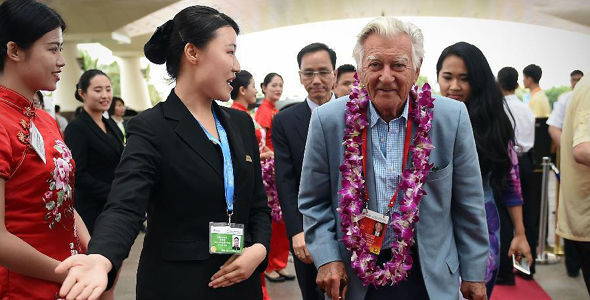Home>>News
Machineryshops.com
2015 Boao Forum to Unite Asia-Pacific Nations, Promote All-Win Aspiration
2015 Boao Forum to Unite Asia-Pacific Nations, Promote All-Win Aspiration
With the advent of the 2015 Boao Forum for Asia (BFA), China, the host country, hopes the BFA annual meeting will promote solidarity and cooperation among Asian nations as well as the regional integration process to achieve an all-win outcome.

Themed "Asia's New Future: Toward a Community of Common Destiny," the annual conference will witness more than 70 formal discussions on topics of macroeconomy, industrial transformation, regional development, technological innovation, politics and security, people's livelihood, according to a Foreign Ministry spokesperson.
Presidents from Armenia, Austria, Indonesia, Nepal, Sri Lanka, Uganda and Zambia will attend the annual meeting.
The guests also include the Governor-General of Australia and prime ministers from Kazakhstan, Malaysia, The Netherlands, Qatar and Sweden, as well as Russian First Deputy Prime Minister Igor Shuvalov and Thailand's Deputy Prime Minister and Minister of Foreign Affairs Tanasak Patimapragorn.

It is a shared view that the Asian community which shares the same fate should seek common development.
MD Nalapat, an Indian strategic analyst, said without the development of Asia it is impossible for China to develop and Asia's progress needs China, which works for other Asian countries as well.
With that in mind, China hopes the meeting will also push for the joint construction of the Silk Road Economic Belt and the 21st Century Maritime Silk Road, which consists of a network of railways, highways and other forms of infrastructure, as well as oil and gas pipelines, power grids, Internet networks and aviation routes in the Eurasian area.
Aimed at strengthening regional connectivity through the reinforcement of transport infrastructure, investment and trade, financial cooperation and cultural exchanges, the two initiatives are calling for the collective efforts of countries along the routes.
Under the framework of the Silk Road Economic Belt and the 21st-Century Maritime Silk Road Initiatives, Asian nations could create newer and freer trade regimes and reach a closer interdependence within the community, which could be further facilitated by the financial support provided by the AIIB.
"The AIIB comes into being as a result of the rise of rejuvenation of Asian countries. Asia will keep leading the global economic growth as the global power and wealth is shifting towards Asia. I hope that the forum could encourage more countries to join the AIIB," Indonesian Political Analyst Bambang Suryono said.
The AIIB will not only help break the infrastructure bottleneck and boost regional development, but also bring considerable benefits to any party participating in or cooperating with the enterprise.
It is worth noting that the AIIB will function as an open and inclusive organization dedicated to cooperation and development, not as an arena to wield power and influence.
International Monetary Fund Deputy Managing Director Zhu Min, Former French Finance Minister Jean-Pierre Raffarin, People's Bank of China Deputy Governor Yi Gang, World Bank Vice President Cyril Muller and Asian Development Bank Vice President Stephen Groff will attend the event slated for March 26-29 in the scenic town of Boao in south China's tropical island province of Hainan.
"The Boao Forum will strongly push for the integration process of Asia, as well as the construction of the Asian Community of Common Destiny," Suryono said.
Reviews
Write a review
If you would like to write a review, please login first.










